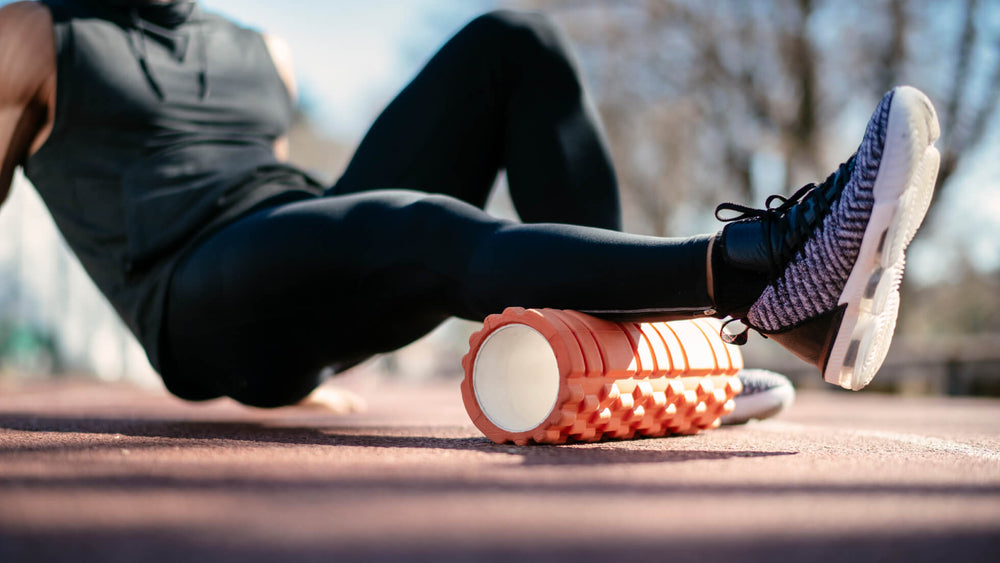Lycopene a Strong Antioxidant

Klebanov GI, Kapitanov AB, Teselkin YuO, Babenkova IV, Zhambalova BA, Lyubitsky OB, Nesterova OA, Vasil’eva OV, Popov IN, Lewin G, Vladimirov YuA. (1998). The antioxidant properties of lycopene. Membr Cell Biol. 12(2):287-300.
The antioxidant properties of the carotenoid lycopene were compared in three different model oxidative systems. In egg yolk liposomes, in the presence of 2.5 mM FeSO4 and 200 mM ascorbate, lycopene, alpha-tocopherol, and beta-carotene inhibited the accumulation of lipid peroxidation products reacting with 2-thiobarbituric acid (TBARS) in a dose-dependent mode, with the concentration of half-inhibition being 80, 30 and 130 mM, respectively. In the liposomes subjected to illumination with a He-Ne laser (632.8 nm) at a dose of 10.5 J/cm2, in the presence of 32.5 micrograms/ml hematoporphyrin derivatives (Fotogem, NIOPIC, Russia) TBARS accumulated, and this effect was inhibited by lycopene, alpha-tocopherol, and dihydroquercetin with approximately equal efficiencies (the half-inhibition concentrations were 10(-5) mM). In both systems studied, sodium azide at a concentration of 10 mM inhibited the TBARS accumulation by no more than 20%. Apparently, the inhibitory action of not only alpha-tocopherol, but also beta-carotene and lycopene was the result of their antiradical action, rather than quenching of the singlet oxygen in an aqueous medium. The introduction of lycopene, as well as beta-carotene in liposomes subjected to Fe(2+)-induced lipid peroxidation decreased the chemiluminescence (CL) intensity at the stage of CL slow flash, with no essential influence on the lag period. These data suggest that the effect of lycopene on lipid peroxidation was the result of its interaction with free radicals rather than chelating ferrous ions. The antiradical activity of lycopene was also confirmed by the method of luminol photochemiluminescence (PCL). Lycopene increased the PCL lag period (L) and decreased the PCL amplitude (A), which implies its antiradical and SOD-like activity in this system.
Legal notice: The patent-pending EPO-BOOST® formula is proprietary to Biomedical Research Laboratories, LLC. Biomedical Research Laboratories, LLC has been successful in defending its intellectual property and prosecuting all unauthorized uses or violations to the fullest extent of both domestic and international law.

